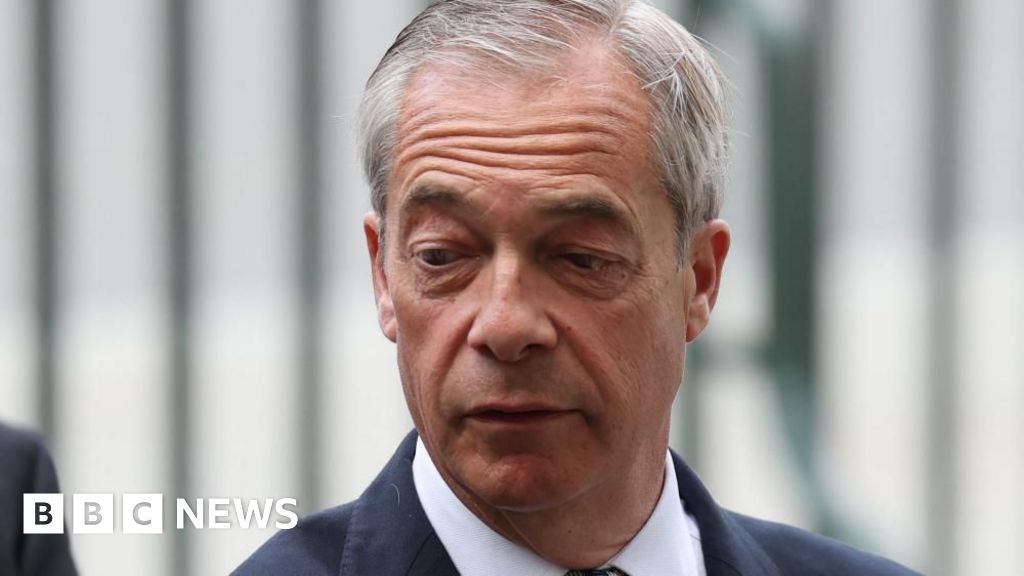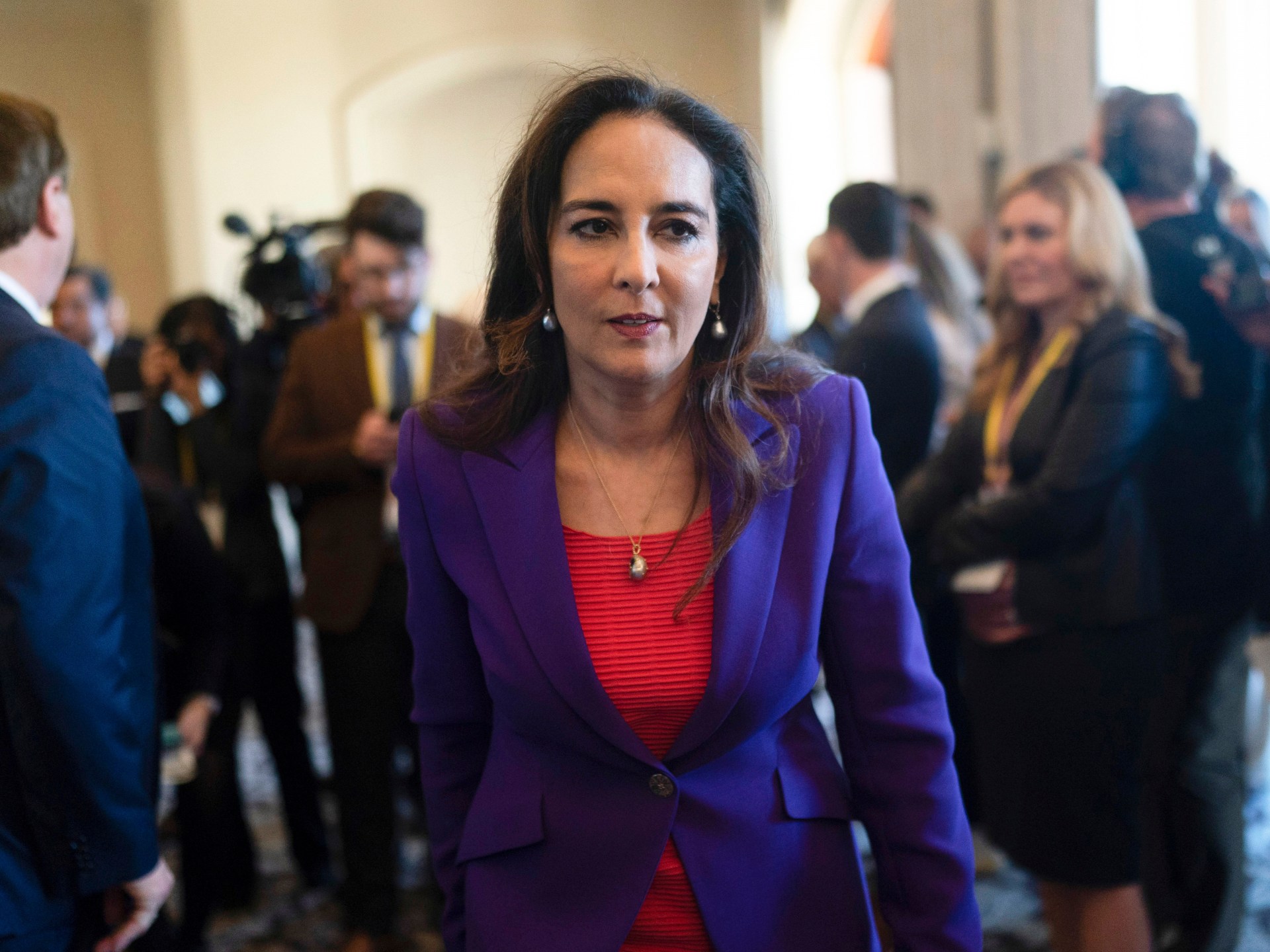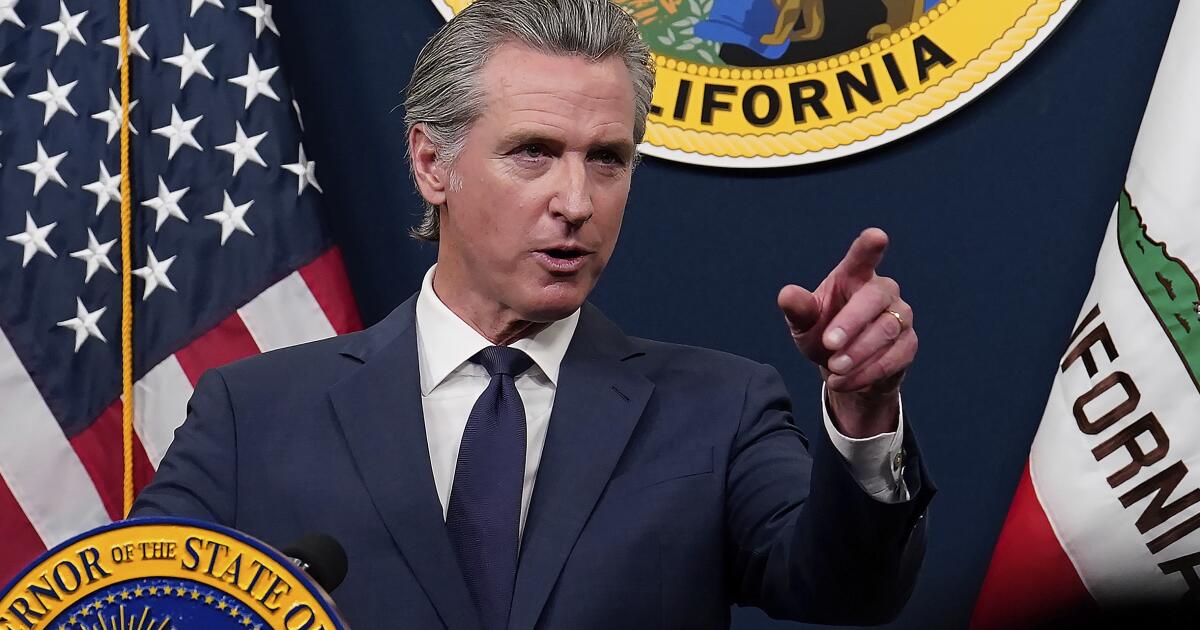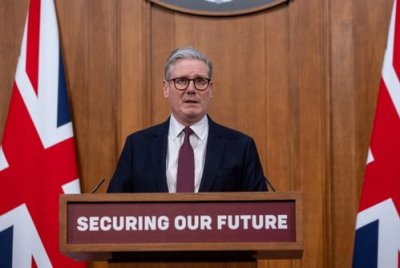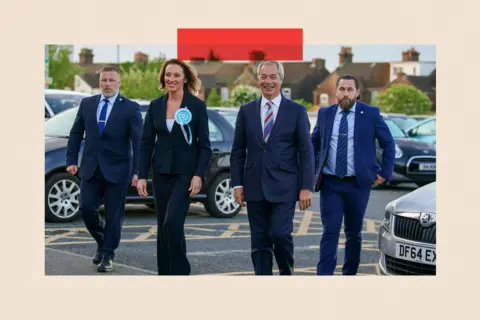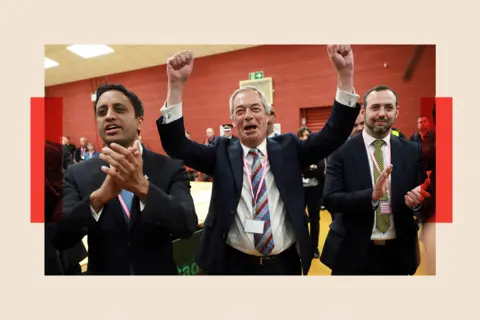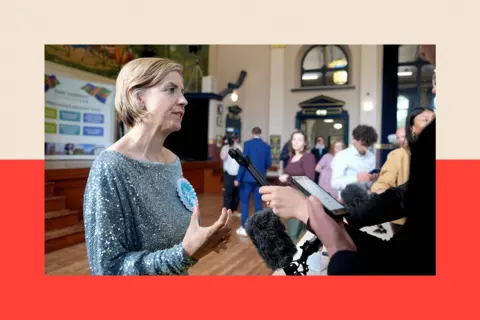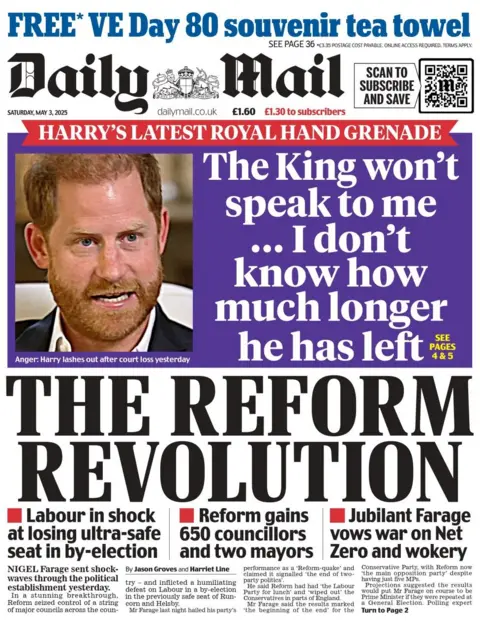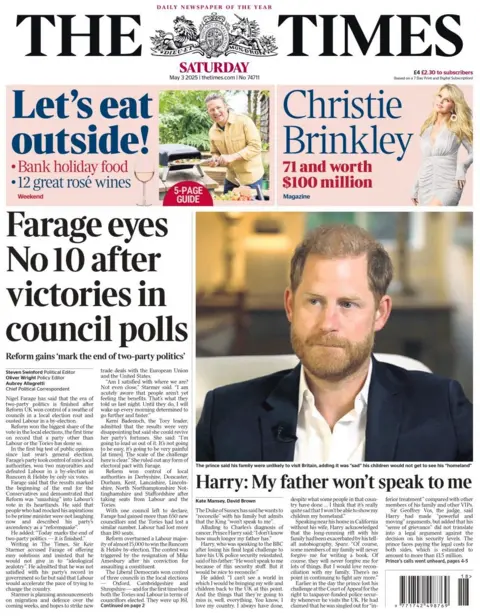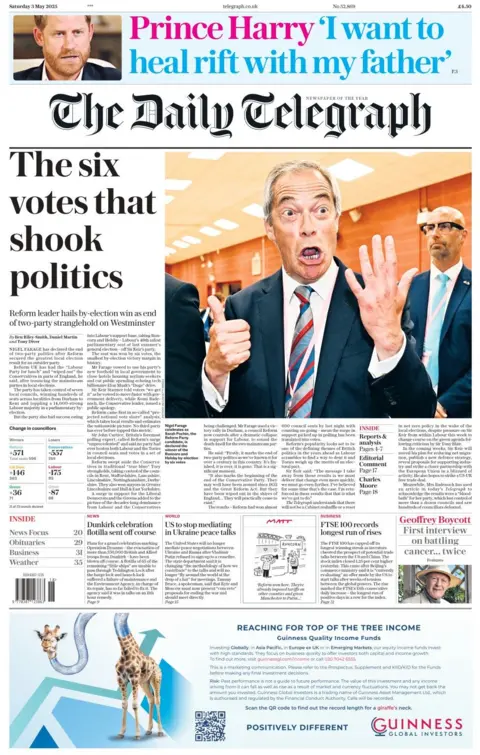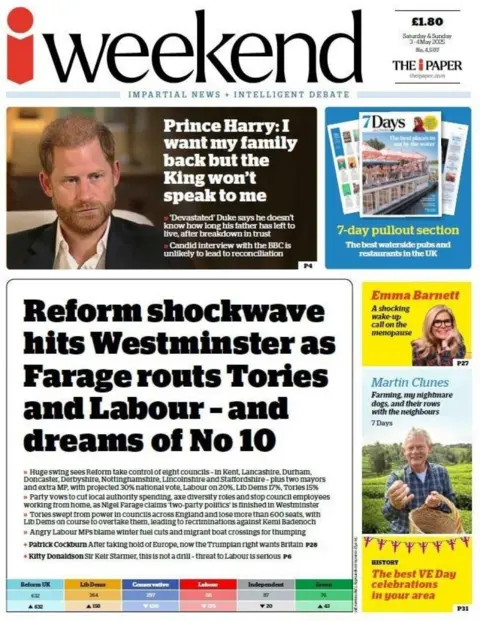Mexico’s judicial reform raises concerns over judicial independence

Mexicans are set to cast ballots in a special election June 1 to elect 881 judicial officials, including Supreme Court justices, electoral magistrates, district judges and circuit court magistrates. File Photo by Sashanka Gutierrez/EPA-EFE
May 30 (UPI) — Nearly 100 million Mexicans are set to take part in an unprecedented election on June 1 that will reshape the country’s judiciary.
Voters will elect 881 judicial officials, including Supreme Court justices, electoral magistrates, district judges and circuit court magistrates, under a sweeping reform originally pushed by former President Andrés Manuel López Obrador and backed by current President Claudia Sheinbaum.
Initially presented in 2014 as a step toward democratizing justice and combating corruption, the reform has drawn mounting criticism from legal experts, academics and civil society organizations. Many warn it could erode judicial independence, increase political interference, and weaken the rule of law.
An analysis by Stanford Law School’s Rule of Law Impact Lab and the Mexican Bar Association warns that electing judges by popular vote compromises their independence and impartiality by aligning judicial decisions with public opinion rather than strictly with the law.
It also highlights the risk that judicial rulings will be influenced by judicial election campaign donors.
Academics, legal experts and civil society organizations have raised concerns about the complexity of the electoral process, highlighting several key issues.
First, the proposed reform has been criticized for a lack of clear criteria to assess candidates’ qualifications.
Candidates are only required to hold a law degree, have at least five years of professional experience, no criminal record, and a good reputation. Candidates are also asked to submit a legal essay and letters of recommendation.
Studies show that the selected candidates have, on average, 20 fewer years of experience than the judges they are replacing under the reform. Many of the candidates also come from outside the judiciary and lack the training and background needed to carry out judicial duties effectively.
Second, voters in Mexico have received limited information despite the complexity of the process, which includes six ballots and more than 7,000 candidates competing for 2,600 local and federal judicial seats.
The Judicial Electoral Observatory, or OEJ, has warned that voters are not receiving adequate information, compromising electoral fairness. One factor is that the National Electoral Institute, or INE, received 52% less funding than it requested, limiting its ability to provide outreach and education.
The OEJ also criticized the ballot design and inconsistent selection standards across the evaluation committees, saying these issues undermine the legitimacy of the process and make it difficult for voters to make informed choices.
Third, the judicial reform has raised serious concerns about the influence of political actors and power groups in the process. The complexity of the changes and the short, eight-month timeline to organize the election may have created openings for political parties to assert control in parts of the country.
Organizations including México Evalúa, the Center for Research and Teaching in Economics, or CIDE, and the National Autonomous University of Mexico, or UNAM, have warned that the system could allow political, economic or criminal interests to infiltrate the judiciary, especially in regions where organized crime is strong.
Many of the candidates have ties to the ruling party, said Luis F. Fernández, executive director of Practica: Laboratorio para la Democracia, in an interview with CNN en Español.
“We’ve identified others linked to the country’s 10 wealthiest businessmen, and more than 15 candidates connected to drug trafficking,” he said.
The popular election of judges is rare internationally and, where it exists, is usually limited to local or mid-level courts.
In most democratic countries, judges are appointed by technical committees, the judiciary or the executive branch with legislative approval. The goal is to preserve judicial independence and prevent politicization.
Mexico’s proposed model — a direct, large-scale, nationwide election of judges at all levels, including the Supreme Court — is unprecedented.
